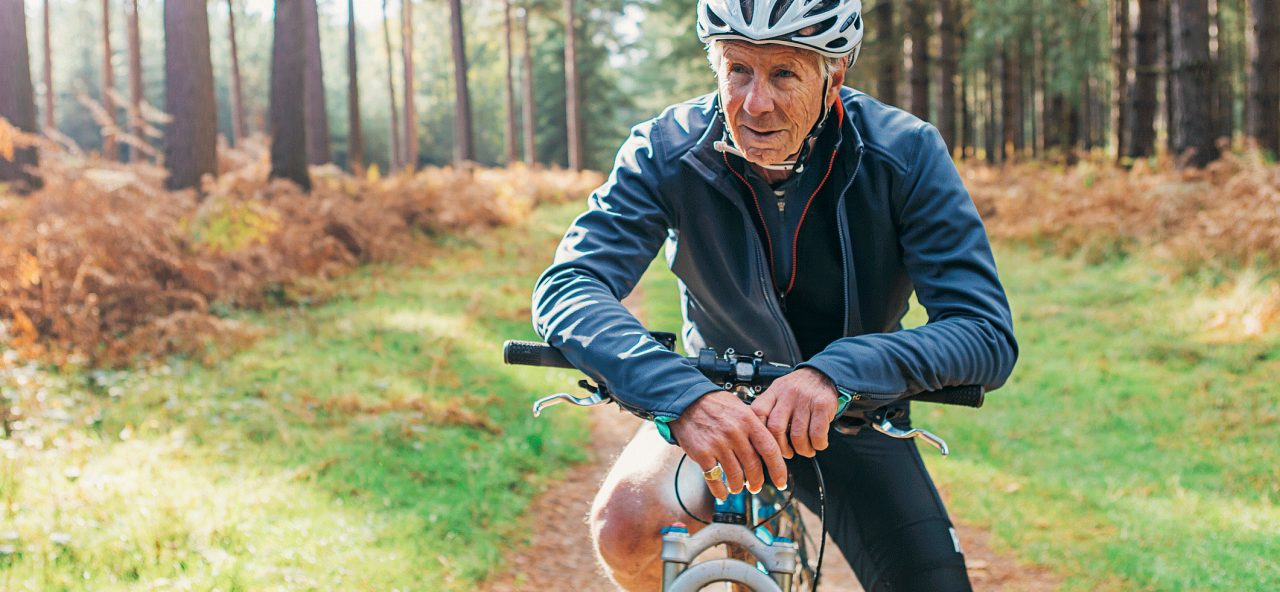
You Can Stay Mentally Sharp in Your Golden Years
Getting older doesn’t have to mean you have significant cognitive decline Even 100-year-olds can stay sharp in their later years. Here's what you can do.

Pregnancy obviously isn’t an issue for older adults, but you are still at risk for sexually transmitted diseases. Here’s how you can protect yourself.

The shingles vaccine prevents more than 90 percent of all cases of a common disease among the elderly that causes intense pain. Here’s what you should know.
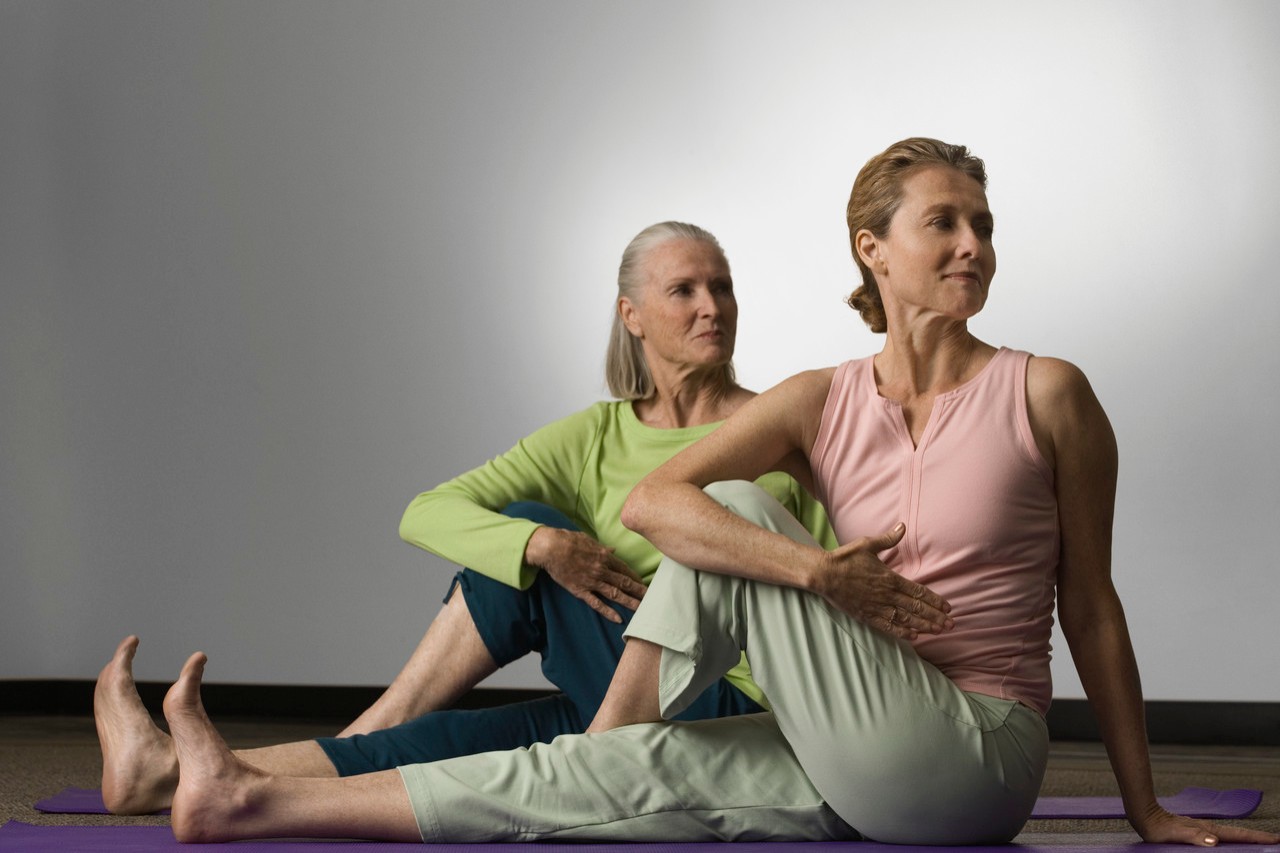
Stretching exercises, especially as part of a comprehensive fitness program, can help you slow the aging process and help you remain more flexible.
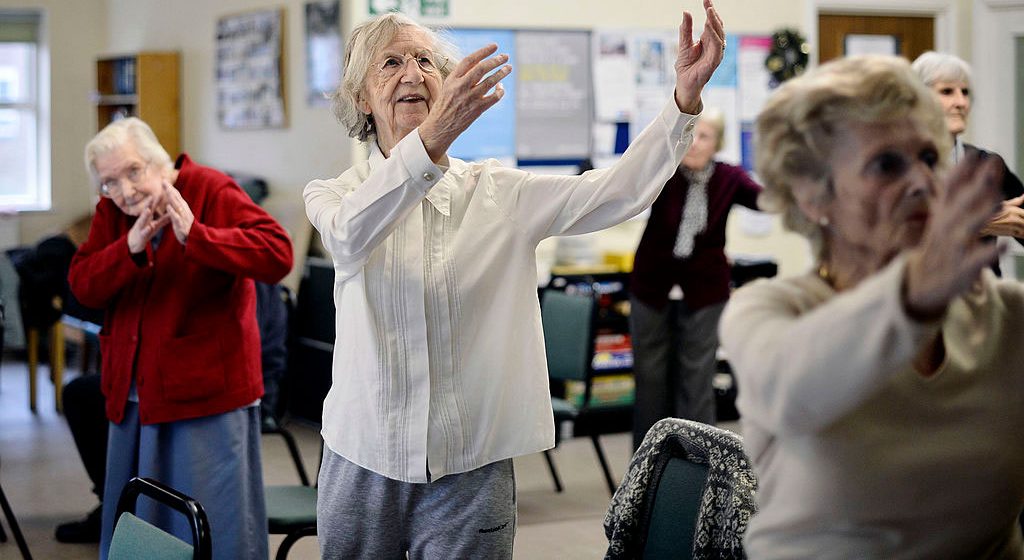
Tai Chi, an ancient mind and body practice that involves a series of postures and gentle, flowing body movements, may help you lower your blood pressure.
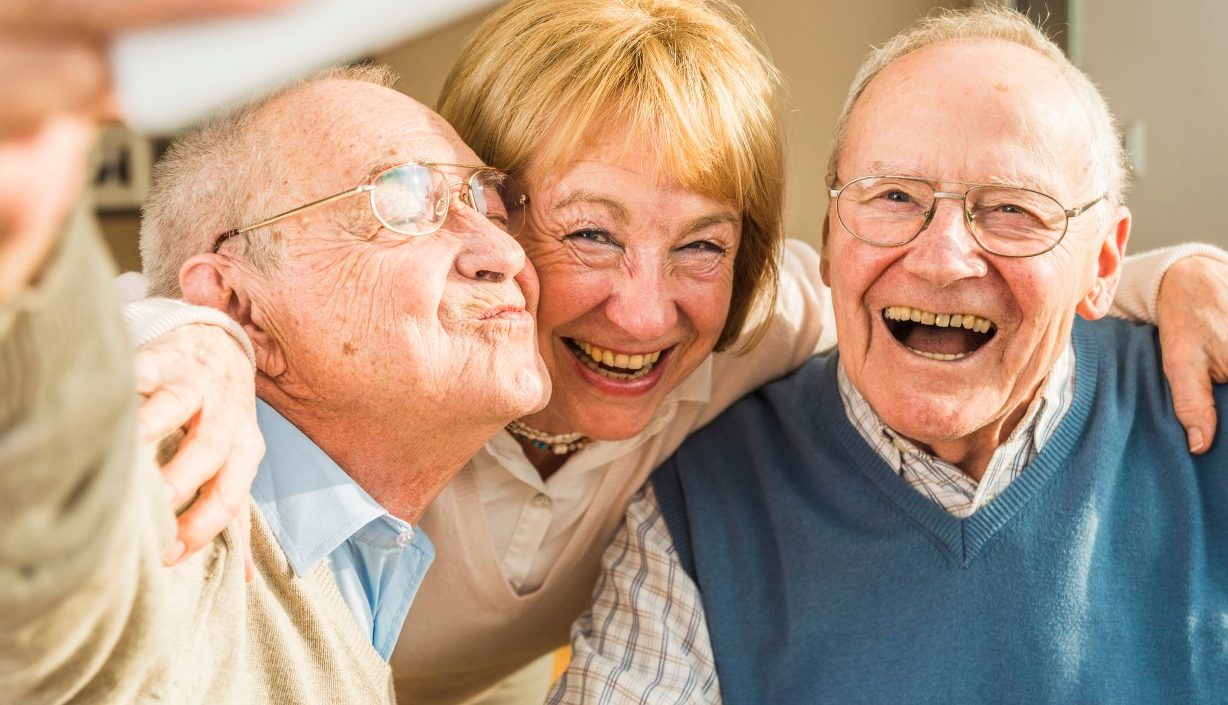
Friends influence your happiness and habits as you age — whether you smoke, drink, work out, stay thin, or become obese. Strong friendships become more powerful.

Although many eye diseases related to age have no early warning signs, a dilated eye exam can detect them. Here's what you should know.
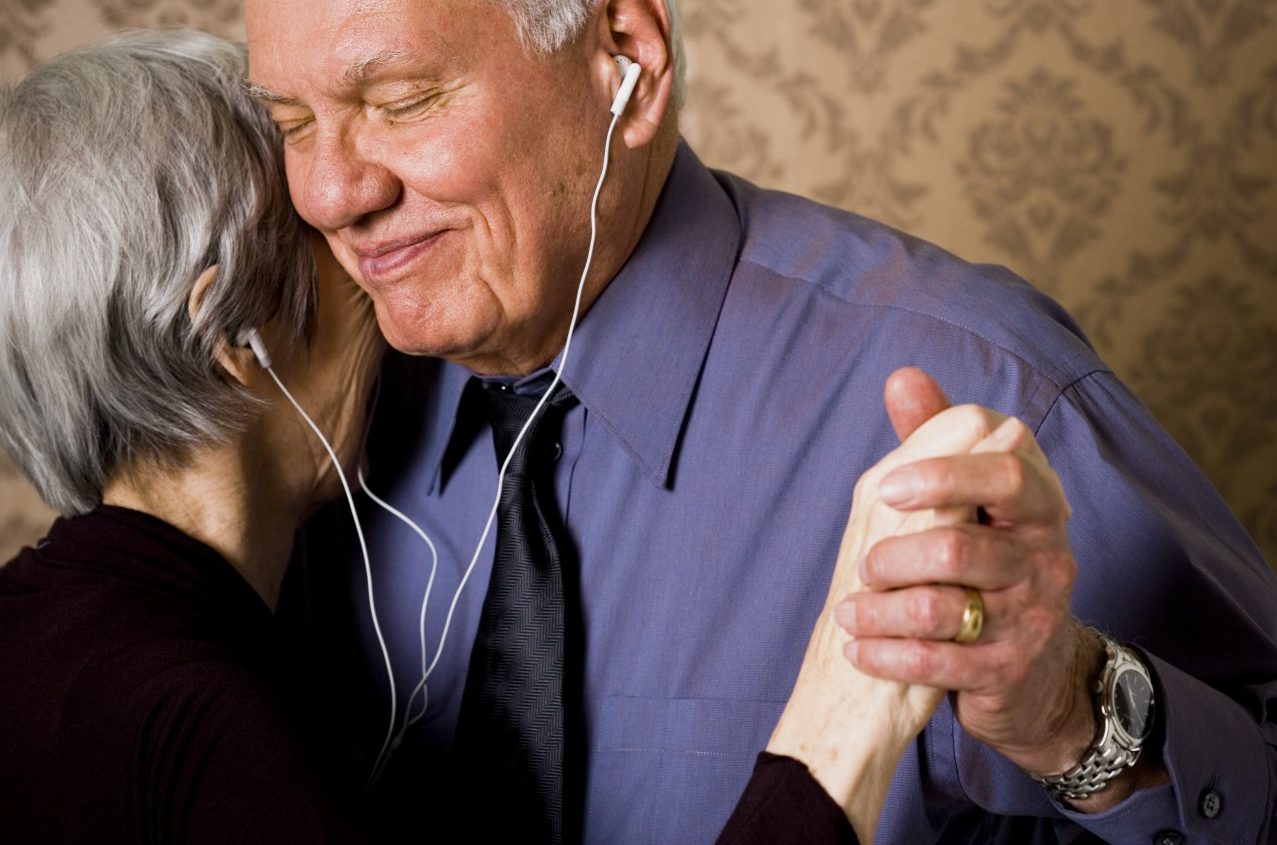
The health benefits of dancing for seniors range from improving your physical health to creating strong social connections that increase your sense of well-being.
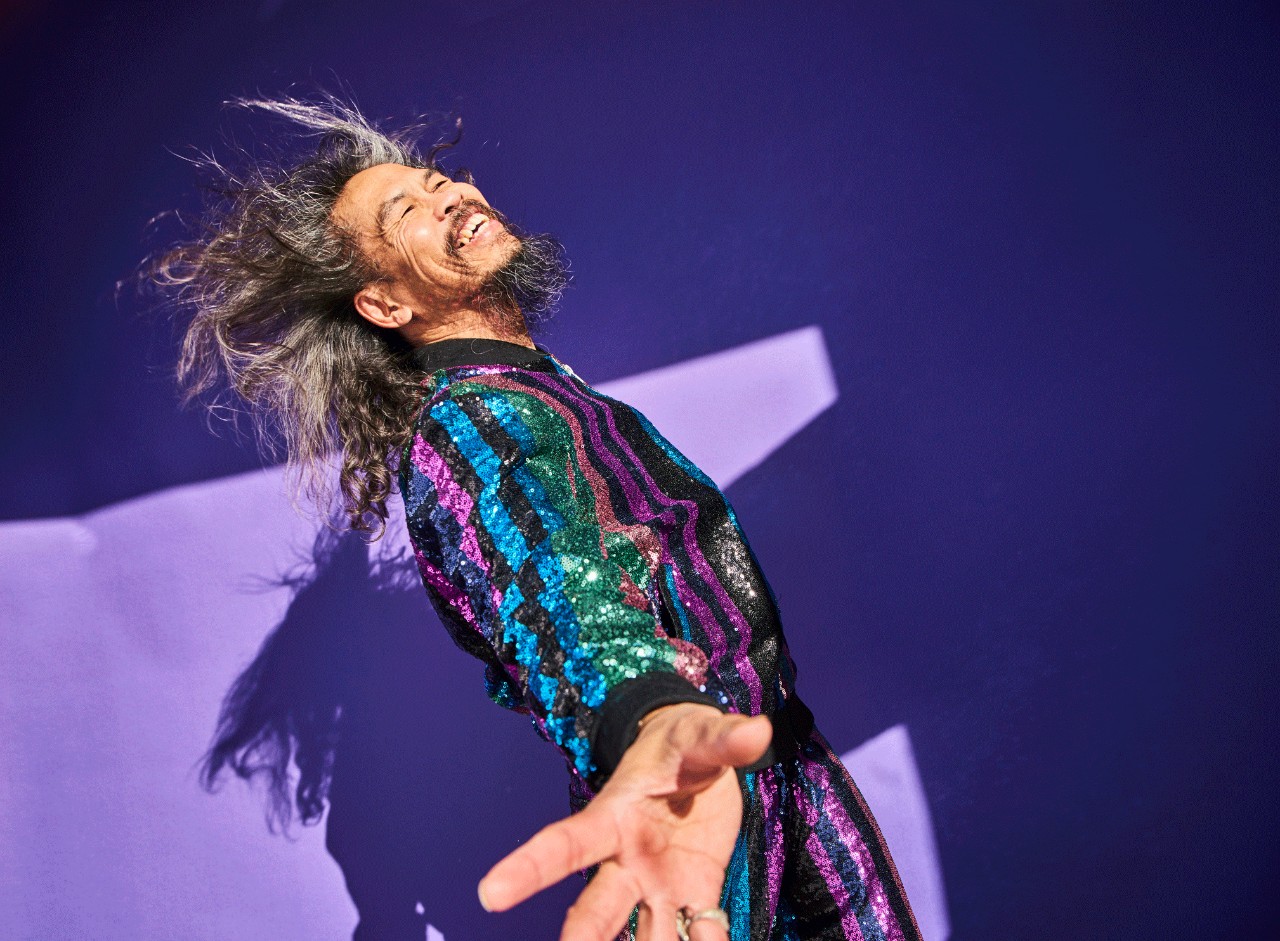
We adapt our personalities the older we get, growing calmer and more positive after the age of 60, with a shift toward negative at the very end of life.
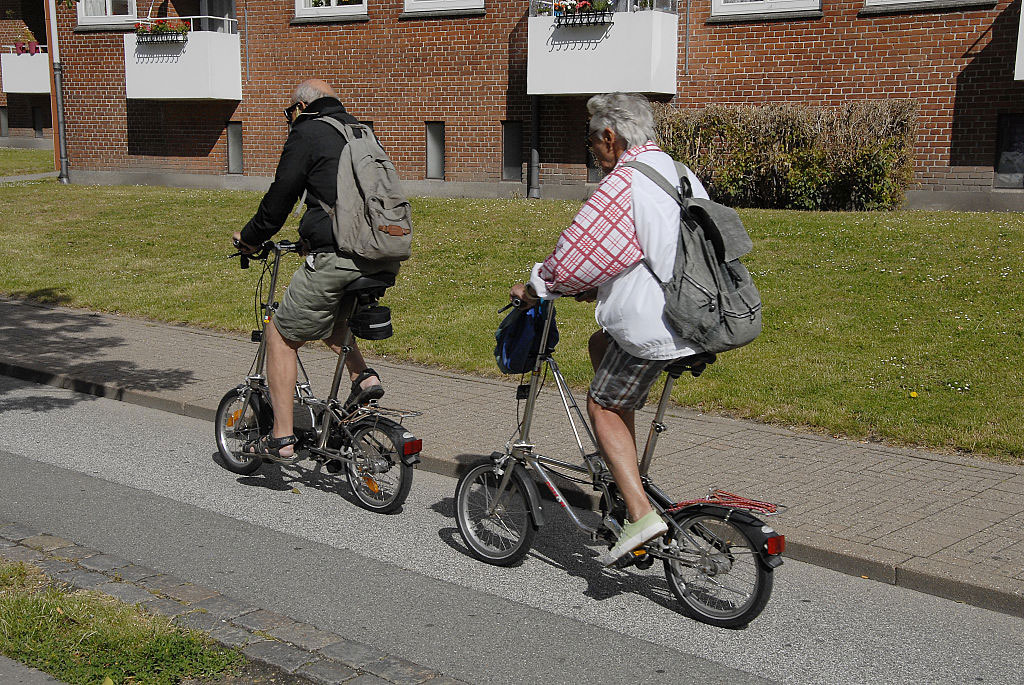
A structured day makes it easier for seniors to maintain good habits, feel safe, and stay in touch with others. Here's how to establish your daily routine.
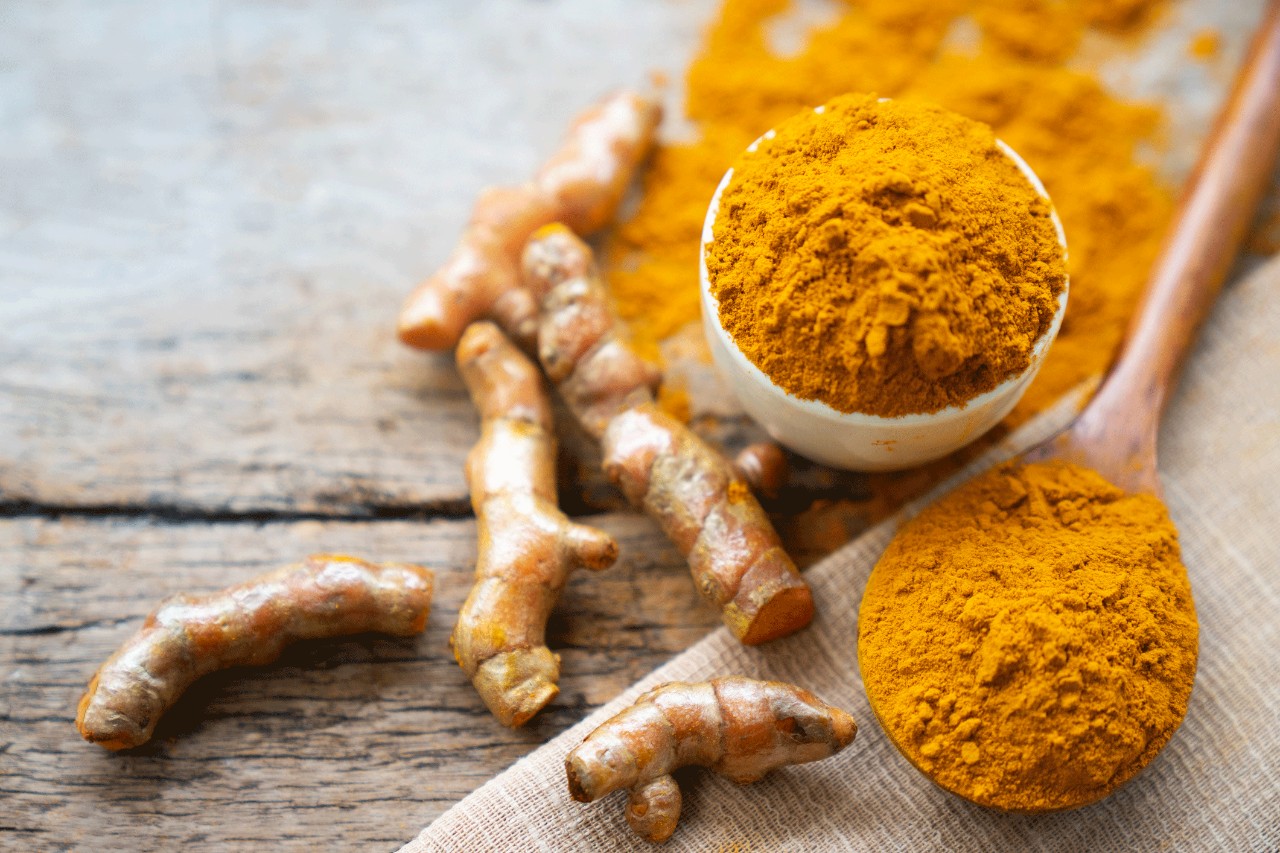
Curcumin, a compound in the Indian kitchen spice turmeric, may help prevent bone loss that can lead to osteoporosis. Here’s what you should know.

While medicines can help you stay healthy, inappropriate prescriptions and drug interactions can lead to dangerous and even life-threatening side effects.

Age isn’t kind to your skin. As you get older, you lose proteins that previously gave your skin its youthful firmness. Here are some skin care tips for seniors.